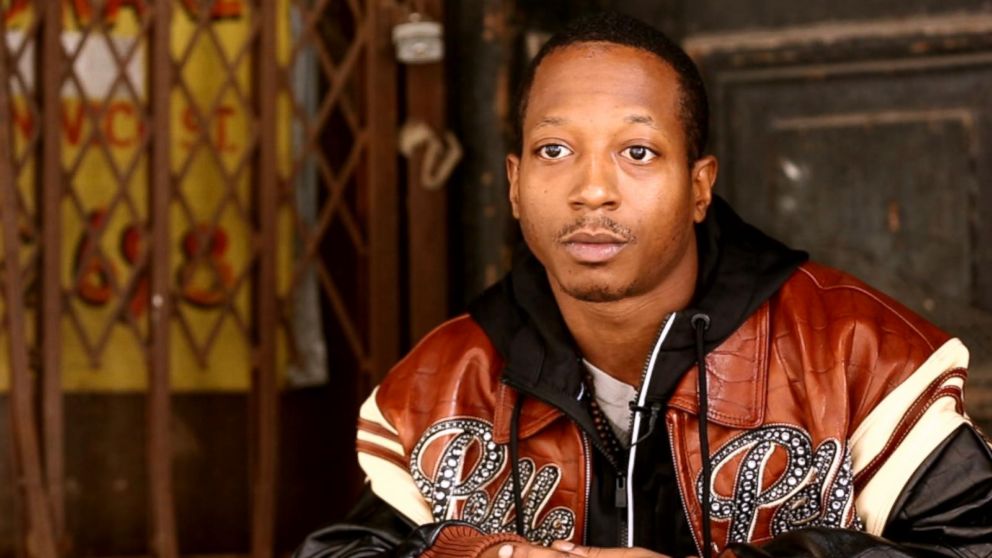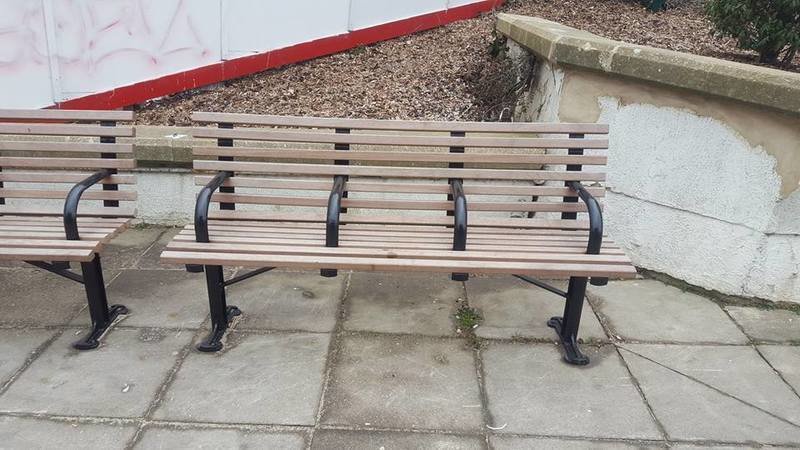By: Rafeeat Bishi
Trigger Warning: Mental Health, mention of S*icide and Depression
I started watching a doc by Time called The Kalief Browder Story. Kalief's story is similar to that of many young black men in America. He was 16 years old when he was accused of stealing a backpack at 2am and sent to Riker's Island. Many people know that to the most dangerous jail in NYC and one of the deadliest in the country. He was there for 3 years, had over 30 court dates, and while there was in solitary confinement for over 700 days. He was tortured, starved, and beaten. Mind you this happened to a person who was not developed yet. He was also innocent during this and had yet to be convicted. His story is similar to that of Korey Wise of the Central Park Five, who was only 14/15 when he was sent to Riker's, where he faced abuse and mental deterioration for a crime he did not commit.
After his release, Kalief was described by those around him as physically being there, but not mentally. He suffered from nightmares, and he himself discussed how he found it hard to sleep at night.

I haven't finished the doc so I won't go over (if there are any) specifics of his mental health, however, one can observe that his state of wellbeing was negatively impacted. He showed signs of "general" mental illness and PTSD, but as far as I know (I'll look into it) was not formally diagnosed.
Unfortunately, Kalief took his life, about 2 years after he was released, due to his mental state an inability to adapt. President Obama not shortly after banned solitary confinement for minors. Kalief described in early interviews being worried about how he would catch up with those around him in a bustling NYC, which could've been a factor

His story is often used as a symbol of the failures of the justice system, but I wonder if these conversations miss a large subtext. How is the mental health of the victims truly affected once they leave this tragic situations? If Kalief had been formally diagnosed and received the psychological treatment he needed, would he have made a different choice? I think because of the stigma towards mental health in young men, especially Black, the adequate resources aren't given to those who suffer from issues.

Kalief's story helped me make a connection to a book called
All the Bright Places, a story of two struggling teens who find each other and ultimately try and heal one another through new experiences. Netflix recently made a movie adaptation which I recommend you watching if you don't mind the chance of experiencing depression. I won't go deep into the book, but a central character is Finch. He suffers through most of the book with undiagnosed mental illness, and as a result, did not receive the specific care he needed. He tragically took his own life.
What makes me sad about both stories is that there was potential. If people were better trained to identify the signs of not just suicide or depression, but multiple types of mental illness, we could better help those around us receive help. There is no blame for what happened, but both incidents, fictional or not) highlight a lack of understanding of mental illness that many of us have.
Jay-Z described Kalief as being a young man who's energy had not been fully realized, but he left on other people. Who knows what he could've achieved had his life not been cut short. I think the same of Finch, who described before his death that a person like him cannot die, but live in on in the spirits of others.
I don't know about anyone else, but I don't want to hear about another Kalief.



